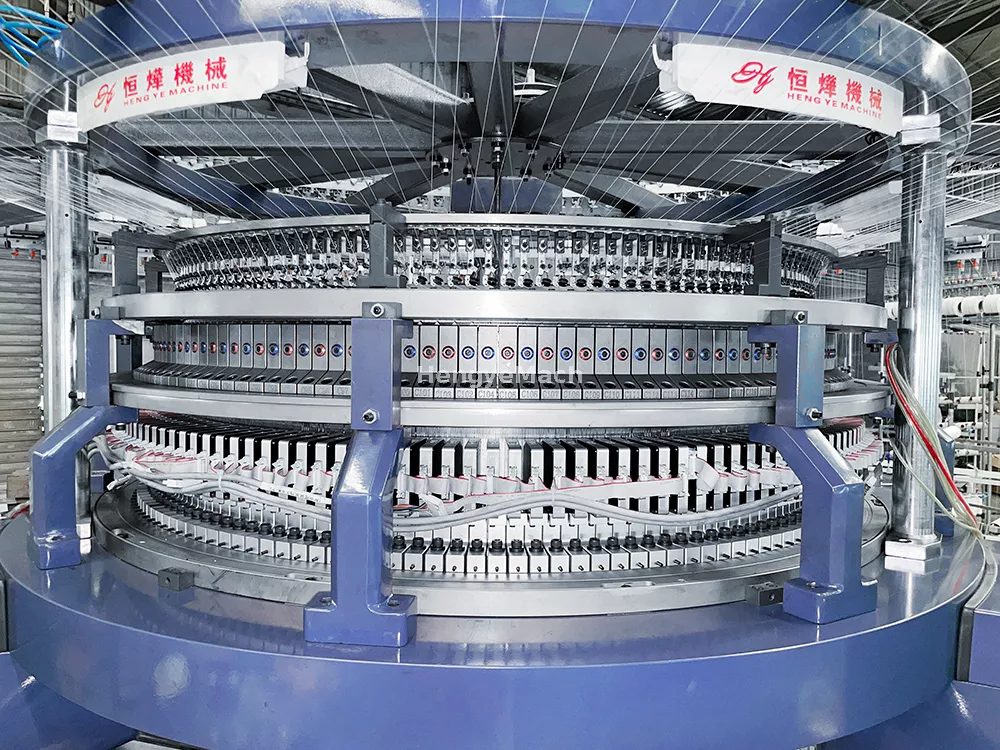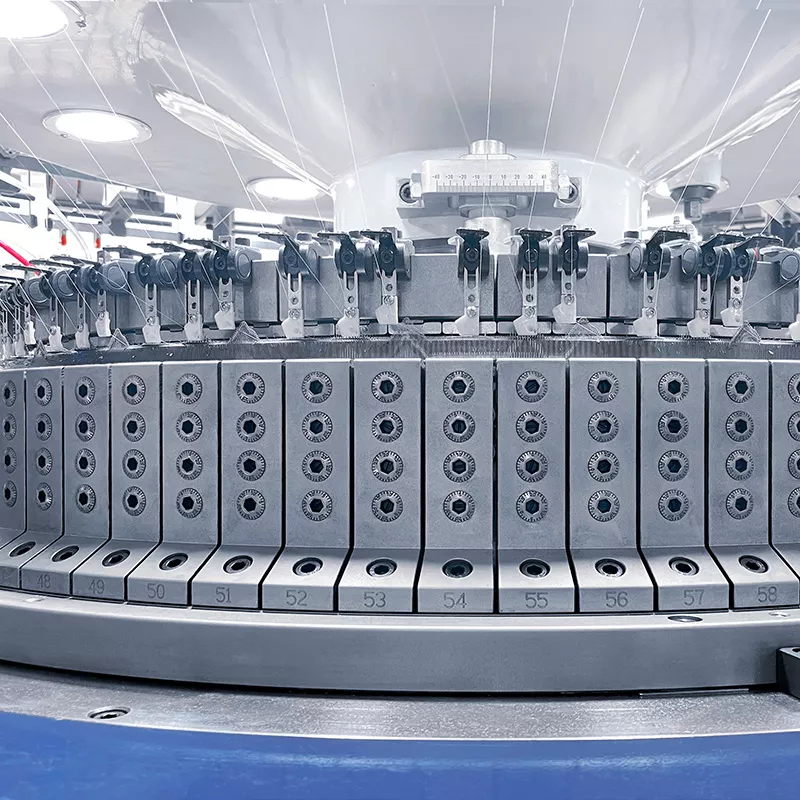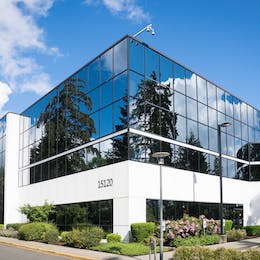With the rapid advancement of knitting technology, the manufacturing process in the textile industry has undergone a remarkable transformation. Traditional methods have given way to innovative knitting machines that offer increased efficiency, precision, and versatility. In this article, we will explore how knitting technology is revolutionizing the manufacturing process and its impact on the textile industry.
Knitting machines equipped with advanced computer control systems have become the cornerstone of modern textile manufacturing. These machines can precisely control the movement of each needle, ensuring the accuracy of intricate knitting patterns. The application of computer control systems has simplified machine setup and operation, significantly enhancing productivity.
One of the key advancements in knitting technology is the introduction of computerized pattern selection systems. These systems enable the conversion of complex design structures and patterns into control programs, which can be stored in the machine's memory. As a result, knitting machines can produce a wide range of patterned fabrics, eliminating the time-consuming process of changing patterns manually. This innovation has not only increased production efficiency but also unleashed limitless design possibilities.
The integration of knitting technology in the manufacturing process has led to higher efficiency and superior quality. Knitting machines operate smoothly and at high speeds, enabling the production of large quantities in a shorter time frame. The precision of computer control systems ensures that knitted patterns are clear, uniform, and of excellent quality, with vibrant colors and intricate details.
Moreover, knitting technology has expanded the range of applications in the textile industry. Knitting machines can work with various fiber materials, including cotton, silk, wool, and synthetic fibers, catering to the diverse needs of customers. Whether it is producing fashionable garments, accessories, or home textiles, knitting machines equipped with advanced technology can meet the demands of different markets.
The transformation brought about by knitting technology in the manufacturing process is undeniable. It has propelled the textile industry into a new era of efficiency, creativity, and sustainability. As companies embrace the advantages offered by knitting machines, they can streamline their operations, reduce waste, and deliver high-quality products to meet the ever-changing demands of consumers.
In conclusion, knitting technology has revolutionized the manufacturing process in the textile industry. The integration of advanced computer control systems, computerized pattern selection, and the versatility of knitting machines have paved the way for increased efficiency, superior quality, and limitless design possibilities. As the textile industry continues to embrace knitting technology, we can expect further advancements that will shape the future of manufacturing.







